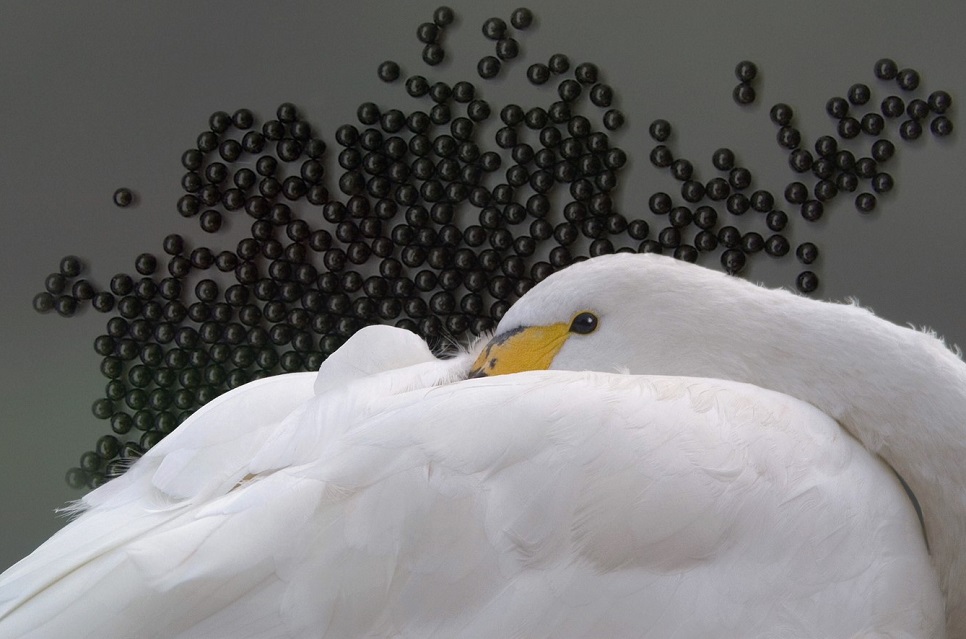British conservationists follow up on first in Brazil
Next month, scientists from leading UK conservation charity, the Wildfowl and Wetlands Trust (WWT), will return to Brazil to capture and fit radio tags to nine of only 250 remaining Brazilian Mergansers in the world, on the São Francisco River.
This ambitious move comes less than six months after WWT's Dr Baz Hughes and Richard Hearn were among the first ever people to capture Brazilian Mergansers for conservation purposes, during a field visit to Brazil's Serra da Canastra National Park by members of an international working group on Brazilian Merganser conservation.
And this Saturday (16 August), visitors to the renowned annual Rutland Bird Fair in Leicestershire will have the chance to hear Baz talk about what he described as "the best day of my professional career" - the groundbreaking WWT conservation mission to save the Brazilian Merganser, and the success of his last visit to Brazil.
Brazilian Mergansers are one of just six species of wildfowl classified as Critically Endangered on the World Conservation Union Red List. They are extremely sensitive to habitat loss and disturbance caused by logging, river siltation, mining and tourism in the area, which is why numbers have dwindled dramatically over the years.
Dr Baz Hughes, WWT's Head of Species Conservation, said: "Catching the first ever pair of Brazilian Mergansers was truly the best day of my professional career. It is fantastic that we have been able to fit radio transmitters to these birds which will allow us to discover valuable facts about their habitat use.
"Brazilian Mergansers are extremely sensitive to disturbance and if a favoured area is regularly disturbed, they won't use these areas. Therefore it is particularly vital that we gain greater knowledge of all sites used by Brazilian Mergansers so we can take steps to ensure the habitat is protected. We hope that fitting radio transmitters to nine more birds in September will bring us a step closer to fully identifying and protecting habitats and gain clarity about the threats to the species' survival."
WWT is part of an international working group made up of governmental biologists and NGOs which aims to identify and implement priority actions for Brazilian Merganser conservation. Future plans also include WWT overseeing the production of a research and monitoring strategy, and a feasibility study for the development of a captive population of Brazilian Mergansers.

